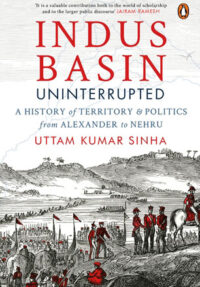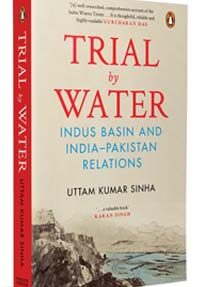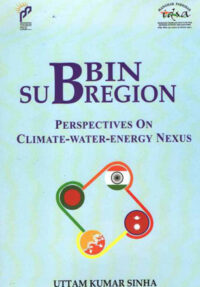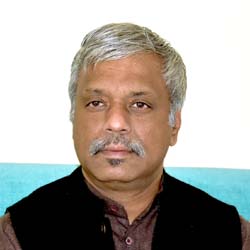Is the Future of Energy Geopolitics in Space?
Let's face the facts: we are not going to regulate our way out of either climate change, or a peaking of fossil fuels. Even if we could imagine that individuals and nations were capable of accepting significant reductions in their lifestyle for long-term self-interest or the interests of their grandchildren, no amount of increased efficiency of those already using energy is going to make up for the Other Three Billion (O3B) citizens of the world moving to developed lifestyles and their accompanying energy demand.
- Peter Garretson
- November 2010












